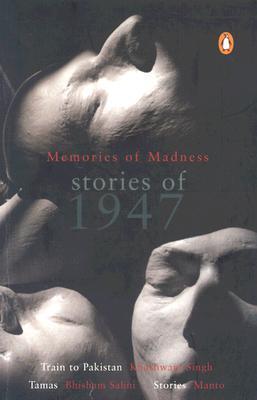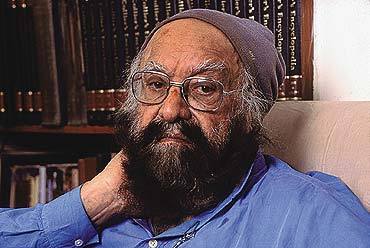
Independence for India, in 1947, came with a price: division on the basis of religion. In the communal riots that followed, hundreds of thousands were killed and millions rendered homeless. And the tragic legacy of Partition haunts the subcontinent even today. Memories of Madness brings together works by three leading writers who witnessed the insanity of those months. Train to Pakistan, Khushwant Singh’s debut novel, tells the story of a village in Punjab, Mano Majra where Muslims and Sikhs have co-existed peacefully, till one night in 1947 when a ghost train arrives from across the new border, bearing corpses of butchered refugees. As mistrust grows into hate and the people of Mano Majra lose their humanity, it is left to an outcast, a Sikh dacoit in love with a Muslim girl, to avert another carnage. Bhisham Sahni’s Tamas is a harrowing portrait of a small frontier town in the grip of communal frenzy. Based on the author’s own experience of riots in Rawalpindi, this celebrated novel describes the murder and mayhem triggered off by the discovery of a pig’s carcass outside a mosque. The matchless stories of Saadat Hasan Manto, the greatest short story writer in the Urdu language, round off this collection. In addition to his most famous story, Toba Tek Singh, the selection includes ten other sketches and stories in which Manto turns his unflinching gaze on history's criminals, victims and unlikely heroes. As moving as they are disturbing, the stories in this volume are of immense relevance in these times, for they constitute a chilling reminder of the consequences of communal politics.
Author

Khushwant Singh, (Punjabi: ਖ਼ੁਸ਼ਵੰਤ ਸਿੰਘ, Hindi: खुशवंत सिंह) born on 2 February 1915 in Hadali, Undivided India, (now a part of Pakistan), was a prominent Indian novelist and journalist. Singh's weekly column, "With Malice towards One and All", carried by several Indian newspapers, was among the most widely-read columns in the country. An important post-colonial novelist writing in English, Singh is best known for his trenchant secularism, his humor, and an abiding love of poetry. His comparisons of social and behavioral characteristics of Westerners and Indians are laced with acid wit.